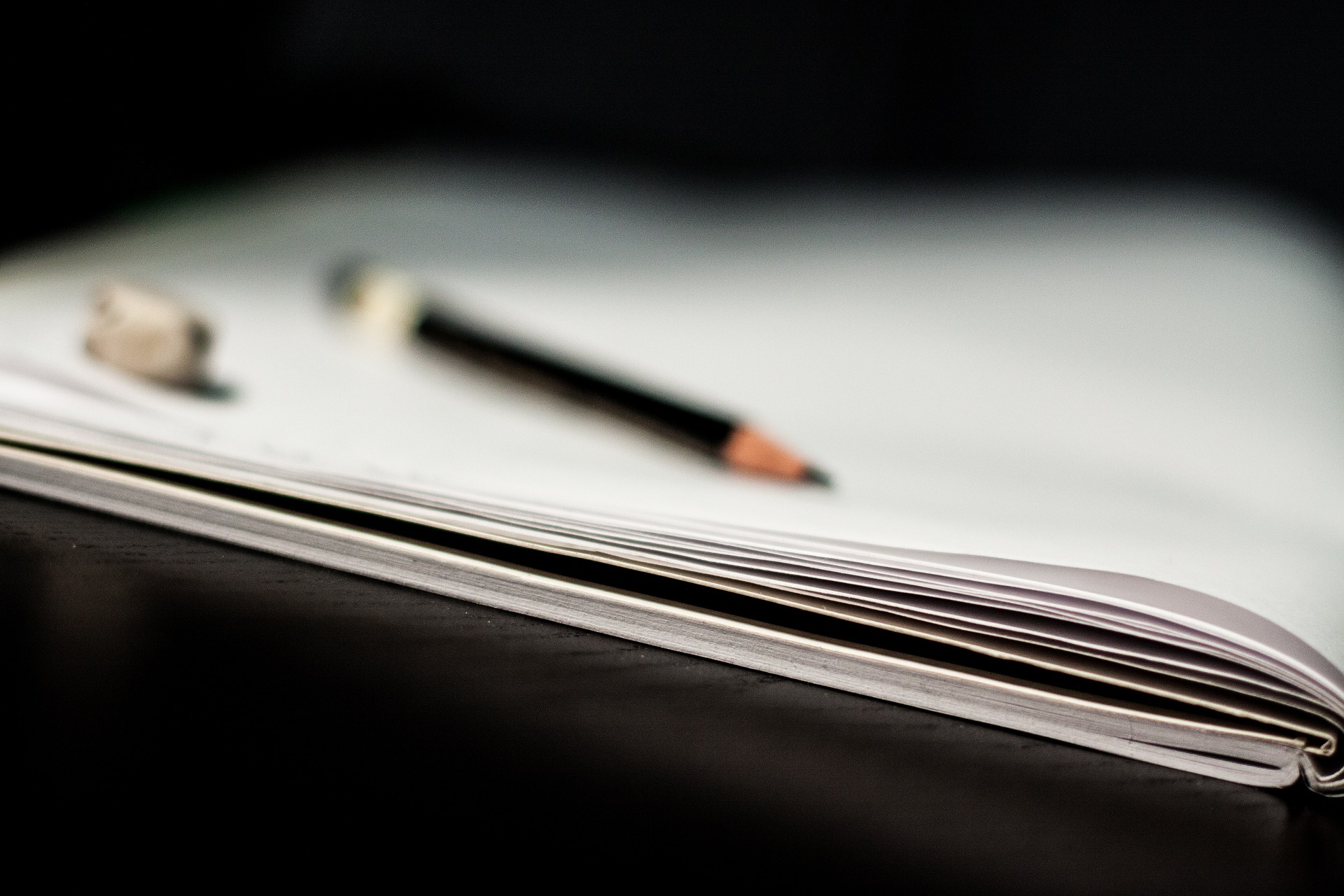Reading Comprehension
Children will need to practice reading comprehension as part of their 11 plus revision. A reading comprehension is a test to show that a child has understood what they have read. When children do reading comprehensions they will need to: read the text; imagine what is happening in the text; understand vocabulary and be a detective. Detective work is crucial when looking for answers and looking for hidden messages in what they have read.
What do most children do?
When most children are faced with a comprehension they quickly read the text as they are in a rush to start the questions. Then they answer the questions trying to remember what they have read (comprehensions are not a memory test!) or give their own opinion to what the answer could be.
Key skills when doing comprehension:
- Take time reading the passage so as to get a good grasp of the text
- Next, read the questions
- Read the passage once again
- When writing answers refer back to the text – be a detective and find the answers in the text! Use a coloured pen to highlight key areas so the answers are easier to find
- Keep an eye on the mark scheme as this is an idea of how many points should be included in the answer
How can parents help?
Some parents think if their child can decode words then they will be good at comprehension however a child will need to understand the meaning, inference and deductions within a book and sometimes this isn’t obvious.
When reading with your child ask them questions like:
- What do you think will happen next?
- Why does the character behave like this?
- How are the characters feeling?
- Can you think of a different ending to the story?
They will come across new vocabulary as they read – discuss new words together and use a dictionary to help. Try to use these new words to increase your child’s vocabulary.Encourage patience and perseverance; if the answer isn’t immediately obvious, get your child to re-read the text, and it may come to them.


